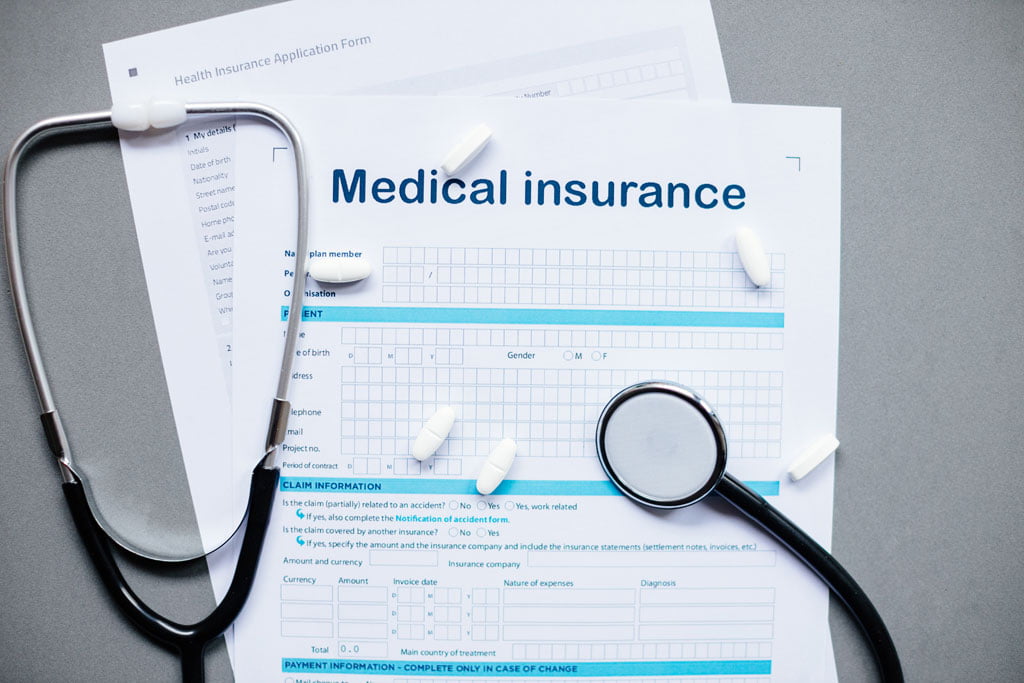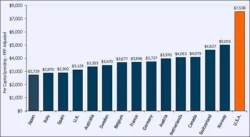Medicare is health insurance offered by the government and can be an important safety net for those who qualify. Often referred to as Original Medicare or Part A and Part B, it covers hospital stays, physician visits, diagnostic services, treatments, and preventative medicine.
For those who are eligible, Medicare Part A and Part B can be a standalone solution. Alternatively, it can be boosted with other health insurance policies such as Part C and Part D. Not everyone will qualify for Original Medicare, and your unique circumstances will determine whether you meet the criteria.
In the following article, we explore the topic so you can decide if Medicare is right for you:
Medicare Eligibility
Medicare eligibility depends on your age, employment status, finances, and citizenship. If you have existing health insurance you won’t need Medicare unless your circumstances change. Medicare Part A and Part B are designed for those over the age of 65 to protect them during the senior years.
To qualify, you will need to either be a US citizen or have been a legal permanent resident for a minimum of 5 years. If you are eligible for social security benefits and meet the age requirement it is likely you will be approved for Medicare Part A and Part B.
Coverage Under 65s
There are exceptions to the over 65 eligibility rule if you have a disability. Those who have a permanent disability can access Medicare Part A and Part B as long as they are receiving benefits from either Social Security or the Railroad Retirement Board.
The other exceptions cover end-stage renal disease (ESRD) and Lou Gehrig’s Disease (ALS). There are no age restrictions for either of these conditions.
Part C and Part D
Often people who are eligible for Original Medicare will find the coverage isn’t enough for their health care requirements. Once you have been approved for Medicare Part A and Part B you have the option to apply for a Medicare Advantage plan (Part C), and prescription drug coverage (Part D).
Part C can be obtained via a private insurer. It combines your coverage into one convenient plan and further reduces any fees. It gives you extras that otherwise wouldn’t be included such as vision, dental, and hearing services. Often Part C will include Part D which reduces the cost of medication.
If you prefer you can add Part D to your Original Medicare plan without Part C.
Applying for Medicare
For those who are already receiving Social Security Benefits, Medicare enrollment will be automatic once you turn 65. If you have been receiving disability insurance for 2 years you will also be enrolled in the program.
You can apply for Social Security Benefits and Medicare in the months prior to your 65th birthday. You may be able to do this at your local Social Security office, over the phone, by post, or online.
The Last Word
Medicare Part A and Part B reduce the cost of essential healthcare services. To be eligible, you will need to be over 65, have a permanent disability, ALS, or ESRD.
This insurance covers the basics but some areas miss out. You can upgrade your plan with Part C and Part D, which will cover extras such as dental, vision, and prescription medications. The rules for Medicare can be complicated, but if you are already receiving Social Security Benefits or are entitled once you turn 65, you will likely be accepted.







